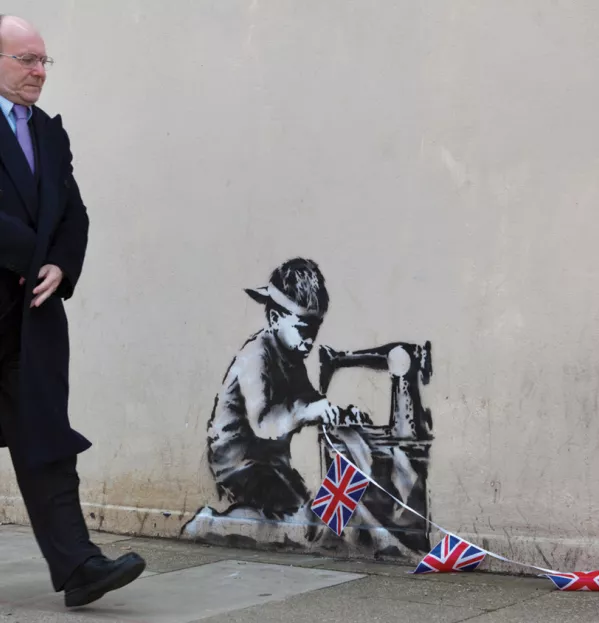Look around at recent events and trends: the rise of Donald Trump, Brexit, xenophobia and a seeming will to turn inwards, away from the world.
Inequality, climate change, discrimination, the steady erosion of human rights - the picture can seem to be one of unrelenting doom for anyone with a commitment to environmental and social justice.
This is not about pity or charity. Everyone is needed to tackle inequality and all the other challenges we face
What’s the answer? I’d like to offer one positive solution that could get us beyond the gut reactions of anger, despair and shoulder shrugging.
Global citizenship education offers us a way to engage positively with these huge issues through our own lives. It allows us to build the kind of critical understanding that enables discussion and action that is open and grounded in reality. We don’t have to be trapped in a media echo chamber of ill-founded and regressive views.
Educators don’t generally arrive in the profession pessimistically. Most believe in the power of education to transform the world.
The very first element of the General Teaching Council for Scotland (GTCS) professional standards would have all teachers “embracing the educational and social values of sustainability, equality and justice”.
‘Education is a foundation stone to building a brighter future’
The Scottish government has also agreed that “learning for sustainability” (global citizenship, sustainable development and outdoor learning) must be an entitlement for all pupils. Education is not the only solution to what’s happening around us, but it is a foundation stone to building a brighter future.
Our aims at Ideas (International Development Education Association of Scotland) are not so complex: we support people to think about the world around them and understand it better, to learn about things people are doing to change the world and to feel empowered to get involved.
The current focus across Scottish education is on closing the attainment gap. With social justice at the heart of everything we do, Ideas welcomes this. But please, let it not be something that is “done” to disadvantaged pupils, or a narrowing down to literacy and numeracy. There is a real opportunity for a flourishing of approaches that engage pupils from disadvantaged backgrounds, which involve them in thinking about their education, their lives and the challenges they and their communities face, locally and globally.
Let us make absolutely sure that more affluent children are also thinking critically about communities they are part of - this is not about pity or charity. Everyone is needed to tackle inequality and all the other challenges we face.
Things can sometimes look bleak, but the tools and enthusiasm are there to work with children and their communities - and make the world a better place.
Tanya Wisely is director of Ideas (International Development Education Association of Scotland)
